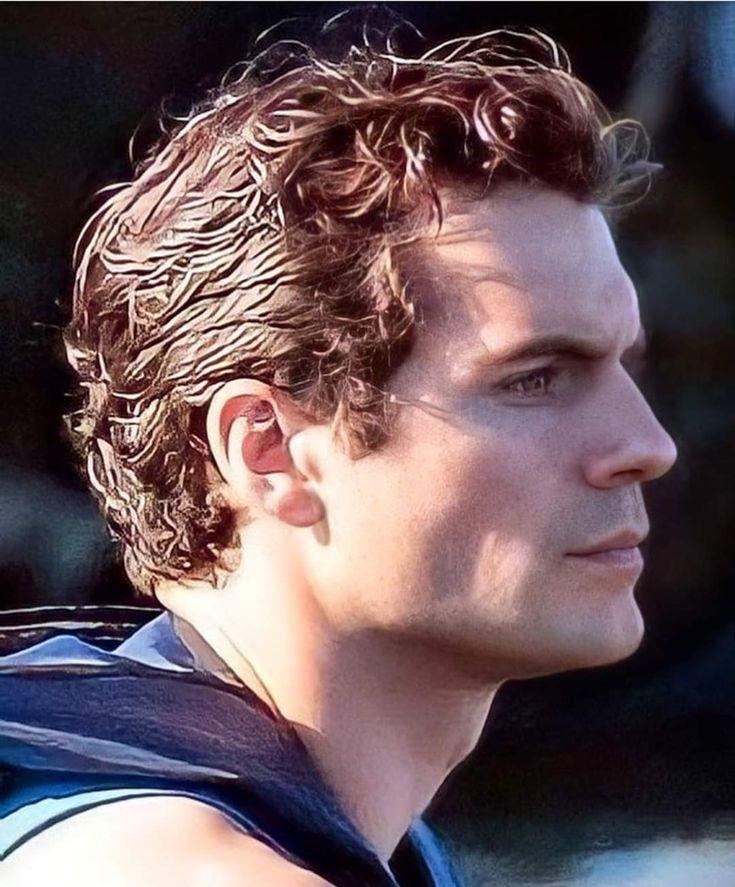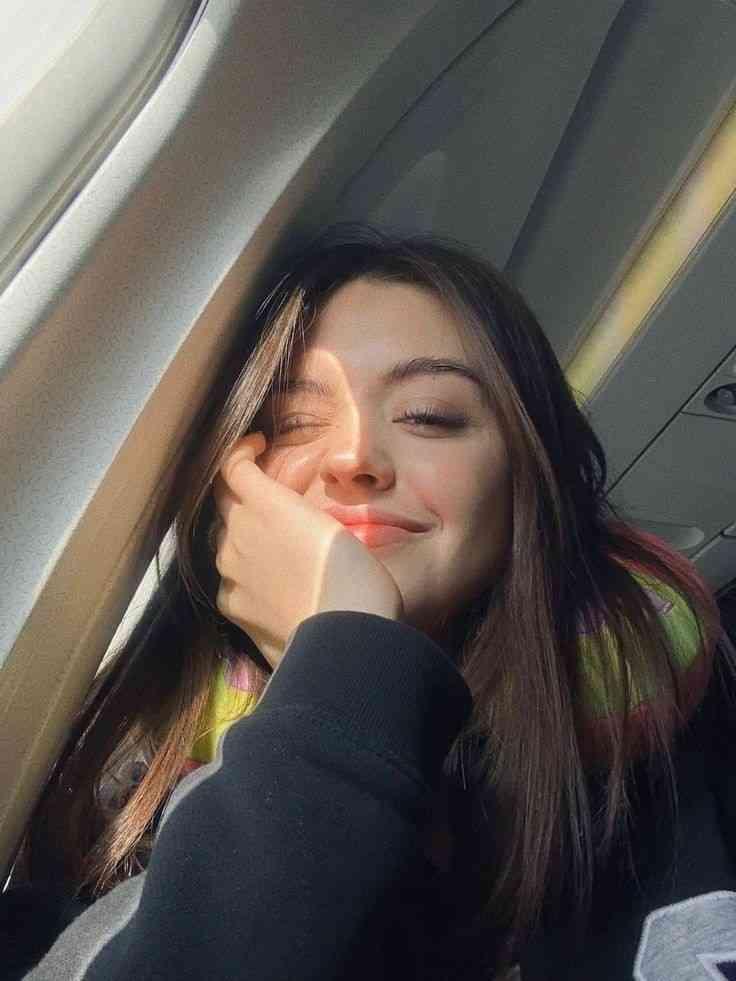Up
Sponsored Advertisements
The Man Who Swallowed the Ocean
Leave a Reply
New Discussions
-
How to start a small successful business in Nigeria

Grace
1 hr ago00 -
Don't forget your mother when you make it

Grace
1 hr ago00 -
Latest football updates

Grace
1 hr ago00 -
4 best apps that pays nigerians

Grace
1 hr ago00 -
Best side hustle to start in Nigeria before 2026

Grace
1 hr ago00














Amara
89 days agoThey call me the man who swallowed the ocean.
It’s not a compliment.
It’s not a joke.
It’s a reminder that I lived — while many didn’t.
I’m Kwame. I’m 24. I was born in Sierra Leone, in a fishing town where the waves scream louder than the news, and children grow up faster than the sun rises.
My earliest memory is of my mother selling fish beside a rusted highway, her hands covered in salt, her smile tired but warm. My father? He vanished when I was ten. Some say he died in a mine. Others say he boarded a boat to Europe. No one ever knew.
We were poor. The kind of poor that forces boys to become men before they’re ready. I used to fix broken radios from garbage piles, just to hear the world outside. I dreamed of becoming an engineer. But dreams don’t feed stomachs.
When I turned 17, my uncle leaned in one night and whispered,
"You can stay and die slowly, or you can go and risk dying fast. But maybe… you’ll live."
That night, I became a traveler.
Not a tourist. Not an adventurer.
A migrant — armed with hope and nothing else.
Part I: The Road North
I left Freetown in a banana truck. The driver charged me half the price if I agreed to unload crates in Guinea. From there, I took buses, hitched rides, and walked — through Mali, across Niger, and into Algeria.
In Mali, I saw a boy my age shot over a stolen phone.
In Niger, I watched a woman give birth in the desert. The baby cried. She didn’t.
But it was Libya that changed everything.
In Tripoli, I was kidnapped by men with guns. They called it “housing.”
We were 42 men in one concrete room. No windows. No showers. A bucket for a toilet.
Every morning, a man with a scar down his face came in and said:
"Silence or coffin."
I fixed phones for guards in exchange for food. Sometimes, they let me charge my own phone for five minutes. I never had anyone to call.
Part II: The boat
At 3 a.m., they pushed us onto a rubber boat.
No instructions. No lights. No life jackets.
Just 55 souls and a small engine.
I didn’t say goodbye. Who would I say it to?
The sea looked peaceful. Like it was sleeping.
But then… it opened its eyes.
The waves came hard and fast.
The motor coughed. Then died.
We were left floating in black silence.
People screamed. A man prayed loudly in French. A woman fainted.
I held the side of the boat with one hand, and my chest with the other. I couldn’t breathe — from fear or saltwater, I’m not sure.
Then the boat flipped.
I swallowed water.
Then more.
Then the ocean itself.
I remember sinking — down, down, down.
It was quiet. Peaceful, even.
I thought, “So this is it.”
But then — hands. Lights. Voices.
Part III: Not Dead. Not alive.
I woke up on a metal table in Tunisia.
A woman leaned over me and said, “You were underwater for two minutes. You almost died.”
I said, “Did I make it?”
She didn’t answer.
They took me to a refugee camp.
They gave me soup and a number.
Not a name. A number.
Case 2983. That’s who I became.
I’ve been here for seven months. I sleep in a tent. I eat bread and rice. I wait for something to change.
Every night, I stare at the wire fence and ask myself:
> “Did I survive… or did I just land in a different kind of drowning?”
Sometimes, I dream of the boat again.
Sometimes, I hear the sea inside my lungs.
And sometimes — when the wind is just right —
I wonder:
> “If another boat came tomorrow… would I get on?”
--------------------
#RealStories #AfricanVoices #UntoldStories #SurvivalStories
#HumanJourney #EmotionalRead #StoriesThatMatter #HopeAndLoss
#MigrationStories #FromAfricaToEurope #CrossingBorders
#RefugeeVoices #LostAndFound #SearchingForHope
#OceanCrossing #EscapingAfrica #MigrationReality
#RiskingItAll #AfricanJourney #SeaOfDreams
#AfricaSpeaks #WestAfrica #SierraLeoneStories
#AfricanYouth #VoicesOfAfrica #LifeInAfrica
#RealStories #AfricanVoices #MigrationStories #FromAfricaToEurope
#SurvivalStories #OceanCrossing #HopeAndLoss #HumanJourney
#KonnectReads
#WestAfrica #SierraLeoneStories #AfricanYouth #RawAndReal
#StoriesThatMatter #TearsAndTruth #OpenEndingStory #KonnectAfrica